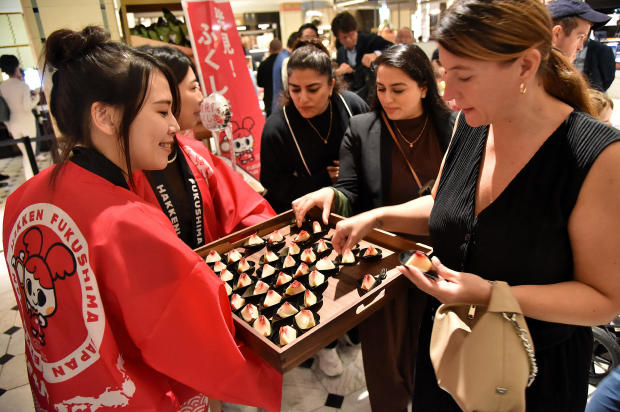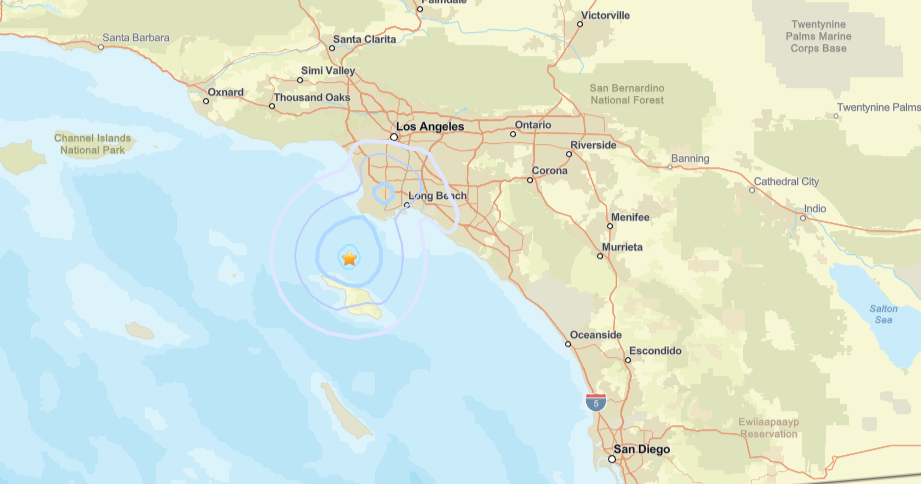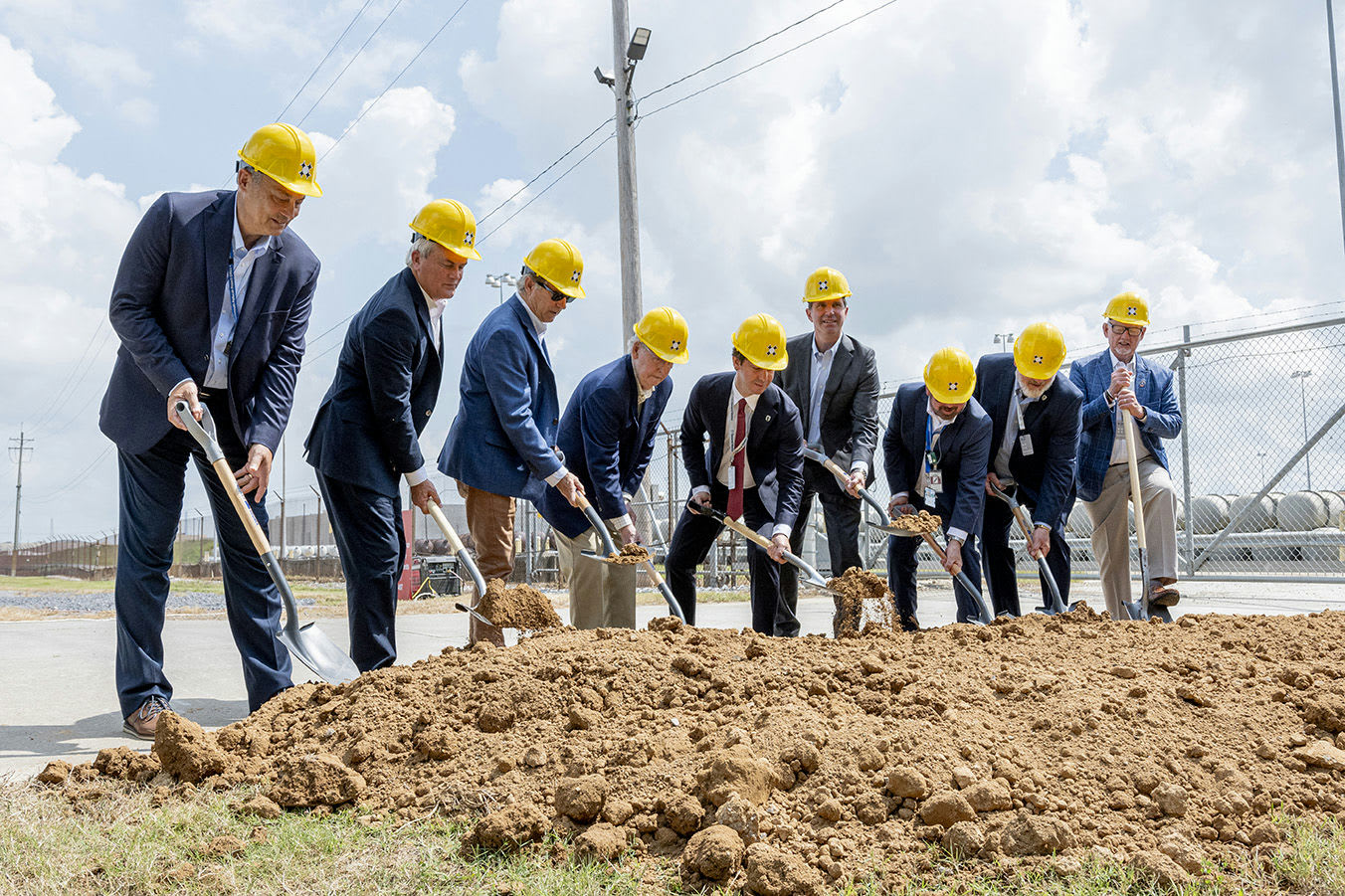Pricey peaches from Fukushima nuclear disaster zone on offer at Harrods, U.K.'s poshest department store
As efforts got underway Tuesday to retrieve a first sample of the highly radioactive debris festering in the depths of Japan's crippled Fukushima Daiichi Nuclear Power Plant, shoppers with deep pockets almost 6,000 miles away were being offered another, less threatening product from the earthquake- and tsunami-battered region.
Harrods, arguably the world's poshest department store, has lured luxury shoppers and tourists through its doors in London's exclusive Knightsbridge neighborhood for about 175 years. Now, anyone with about $100 dollars to spend on some fruit can take home peaches from Fukushima, Japan.
But that hefty sum will only get you three of the perfectly formed, apparently ultra-sweet delicacies.
Harrods told CBS News in a statement on Tuesday that it was "proud to source and sell the most exquisite products from around the world," and it noted Japan's well-earned reputation for "excellent fresh food and particularly fruit, where produce is carefully nurtured and grown to develop its flavor."
Japan has long been a global purveyor of fine, and unusually expensive, foods.
Remember the square watermelon trend? A Japanese farmer is credited with thinking outside the box to first grow a melon inside a box. The sale of a preposterously priced tuna fish has often caught headlines, with restaurants and wholesalers desperate to outbid rivals for the most prized specimens.
Fukushima was famous for its fruit — until disaster struck on March 11, 2011, when a massive earthquake killed some 18,000 people and unleashed a tsunami along the region's coastline, swamping reactors at the nuclear power plant. It caused a meltdown, contaminating a vast area and displacing more than 160,000 residents.
For the region's farmers, who saw their almost superhuman reputation as agrarians tarnished in an instant with fears of radiation poisoning, it was a disaster that's taken more than a decade to wake up from.
But nothing says retail comeback like a spot at Harrods.
The store said Tuesday that Fukushima peaches were worthy of its pinnacle-of-luxury brand because of "their unparalleled sweetness and juiciness."
Having the produce welcomed into Harrods' vaunted food hall is a publicity coup for Japan's beleaguered agriculture sector.
The idea for the offering in London was sparked, according to The Telegraph, by a Japanese food festival in the U.K. at which Fukushima peaches proved immensely popular.
TEPCO, the power company that owns the Fukushima Daiichi plant and is cleaning up the tremendous mess left behind, provided farmers in the region compensation for their lost income after the disaster, and it's behind the new peach push at Harrods, too.
The vast majority of the 55 countries and regions that imposed restrictions on Japanese food imports after the nuclear disaster have since lifted those measures, including the U.S. and Britain.
Harrods noted in its statement to CBS News on Tuesday that there are "no restrictions for the U.K. in place on the import of food produced in Fukushima," adding that the store works "closely with our suppliers to ensure our high standards of food safety are met."




